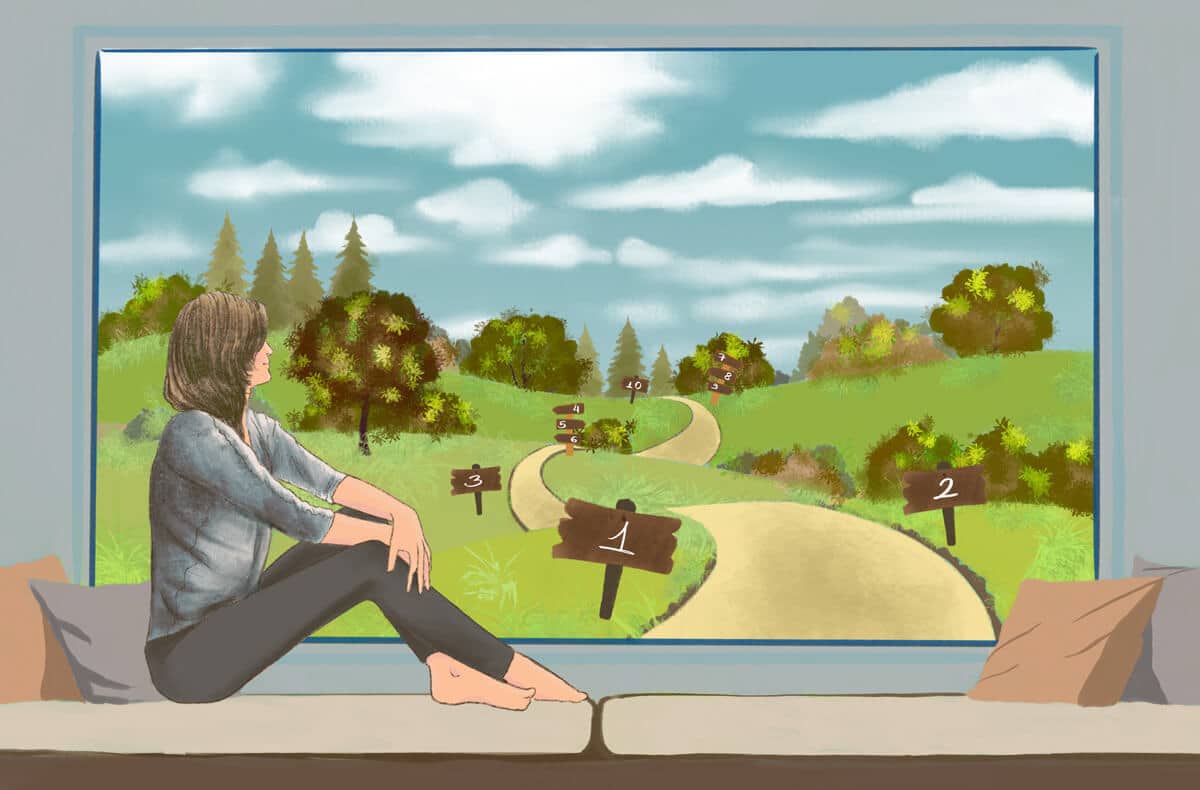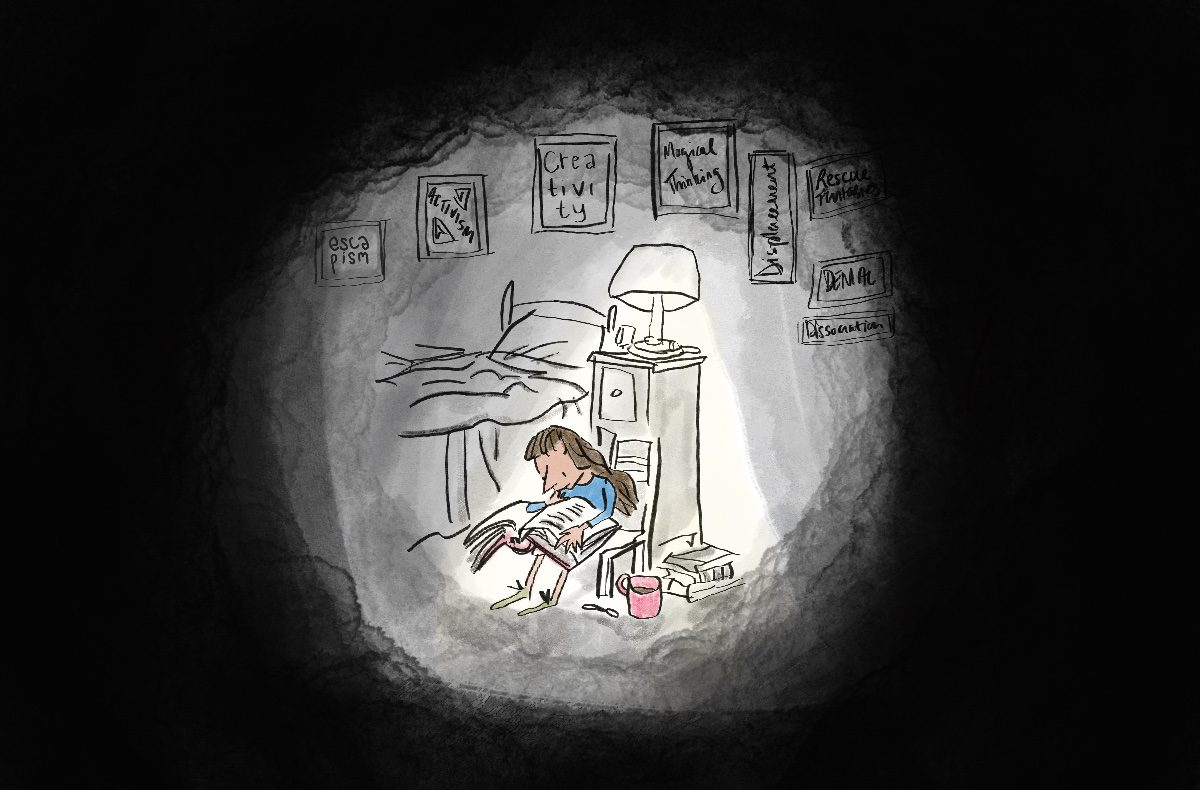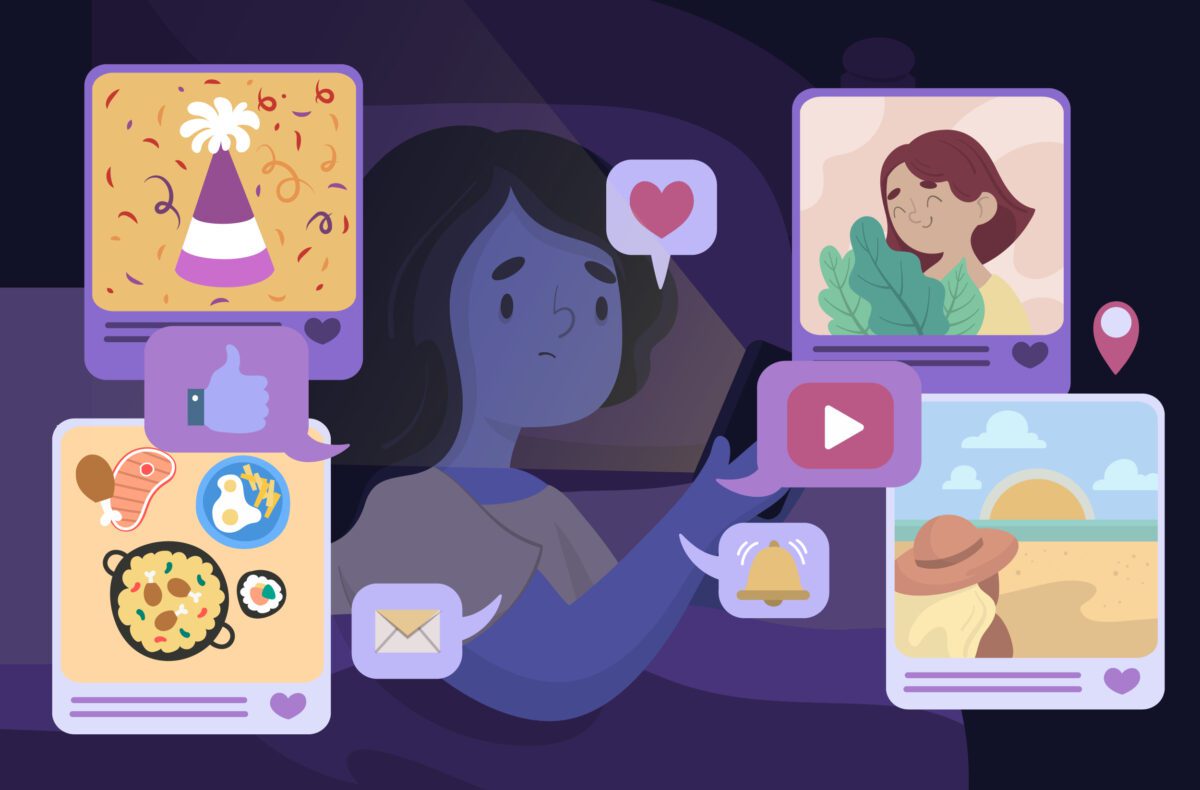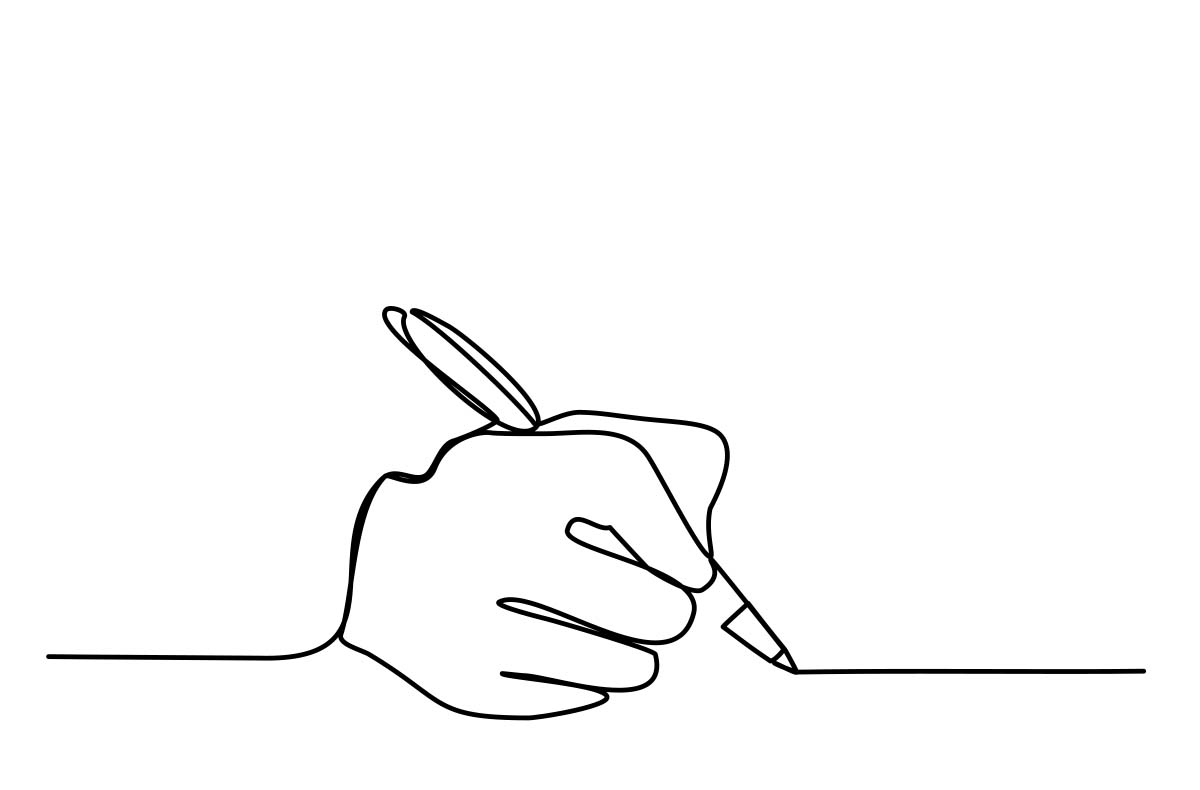
Having been both a client and a therapist-in-training, I’ve had the unique opportunity to experience therapeutic care from two distinct perspectives. As it’s Mental Health Awareness Month, I thought I’d take a moment to share some of the insights that have occurred to me over the years, both as an aspiring psychotherapist and as an individual who has benefited greatly from talking therapy. Here are the ten top lessons therapy has taught me:
- Talking helps. I truly believe in the healing power of words. As I wrote in my memoir, Grief and Her Narrative, “the act of putting what feels like an ever-confusing, abstract internal experience into the shared, externalised realm of language somehow loosens the knots of our tangled experience, making it more concrete and understandable.” Talking in a therapeutic setting can complement the talking we do with friends and family. A therapist can help put feelings into words, they can listen to those words non-judgmentally, and they may be able to offer further insight into or perspective on those words. In this way, words can liberate us; they can set us free from the trappings of feelings that get stuck in their own labyrinths. Matt Haig, one of my favourite writers on mental health, wrote in The Comfort Book: “what we say aloud can never quite capture what we feel inside, but that is almost the point. Words don’t capture, they release.” However, it’s not all about talking…
- Mind-body connection is key. The mind and the body interact in the most fascinating ways, so therapy which doesn’t acknowledge the body isn’t truly therapeutic. With this in mind, exercise is a game changer when it comes to good mental hygiene. I’ve known this for years, as daily exercise has played a massive role in my own self-regulation, but it wasn’t until I started seeing my own clients as a trainee therapist that I realised how universal this truth is. It has been remarkable for me to witness a number of clients who have experienced major, positive knock-on effects on their mental health as a result of exercising. Sometimes that effect is direct: for example, the endorphins released during exercise can uplift mood; other times, it can have an indirect positive impact, for example, exercise can make for a better night’s sleep, and that in turn can uplift mood.
- We all have the right to get our needs met. I have had many clients who, unconsciously or consciously, have felt unworthy and undeserving of this. Many of us may find ourselves going above and beyond to meet others’ needs, but we may not get very much in return for our efforts, which leads to feelings of sadness, loneliness and resentment. We can learn to own—and be proud of—our needs; we can learn to surround ourselves with those who don’t think our needs are “too much,” and we can learn how to ask for our needs to be met.
- It can get better. It might not feel like it now, but change is the only constant, and things can and will change. I feel that this is one of the most important messages to get across, especially during Mental Health Awareness Month, a time dedicated to raising awareness, opening the conversation, and ultimately helping everyone to take care of their mental wellbeing. “It may get worse before it gets better” has become a cliché phrase within the therapy community—and one I often impart to my clients, due to its truth. But I also always emphasise the fact that, while it could get worse first, this doesn’t mean that it won’t ever get better. With time and opportunities for healing, hope can arise.
- The past influences the present. This may seem obvious, but we don’t always find it easy to make the links between how we may be thinking or acting in the present, and the experiences that shaped us in our pasts. It helps to have a greater awareness of those links, because it stops us from feeling like we’re crazy. Reflecting on how the past impacts our current feelings and actions allows us to see that what we’re doing makes sense in the context of our lives. Of course, this absolutely is not to say that the past excuses our behaviour—it is our responsibility to take ownership for the way we affect others. However, the past may explain—at least partially—our here-and-now reactions. As Oprah Winfrey and Dr. Bruce Perry write in their book, there needs to be a shift from the question of “what’s wrong with you?” to asking instead, “what happened to you?”. The only way to change our deep-rooted patterns from the past is to become conscious of what those patterns are. That being said…
- It’s important to live in the present. We all view life through the biased lenses of the past—this is a natural human instinct. And the past will always be there. But we need to realise that what happened then does not have to dictate how it will be now. The past may have given us a set of negative core beliefs, such as “I’m incapable” or “I’m always going to be rejected.” We may have legitimate evidence for those beliefs. But the evidence that we have comes from the past, and we have the ability to create completely different evidence in the present and the future.
- There is no shame in getting help. It’s actually the least shameful thing ever. Getting help means that you’re taking action to be the most content version of yourself. It means that you are breaking cycles that may have intergenerational roots and have been handed down for decades. That’s brave, remarkable, and anything but shameful.
- Healing can be really, really difficult. There’s no sugar-coating this. Healing is non-linear. Healing isn’t a “one-time thing”—our patterns, triggers, and thinking styles may resurface many times throughout our lives, and that doesn’t mean you are healing “wrong.” It doesn’t mean that you are back to square one. It simply means that you’re being invited to heal on a deeper level: you’re peeling more and more layers of yourself back. All of this effort to heal is worth it, but none of it is easy.
- Healing is multifaceted. Nearly everything in life ties into your healing—it certainly isn’t just something that happens during an hour a week in a therapy room (although that can be a huge part of the process.) Healing is about being in safe and empowering relationships. It’s about finding meaning and purpose. It’s about owning our uniqueness whilst finding our place in the wider world. It’s putting the pieces together. It’s about our feelings, our bodies, our behaviours. Some of it is slow, and some of it happens fast. But it’s all part of the bigger picture.
- You were never broken to begin with. You don’t need fixing. And you don’t need to be saved. You are whole, just as you are. You just need to be able to see it.



